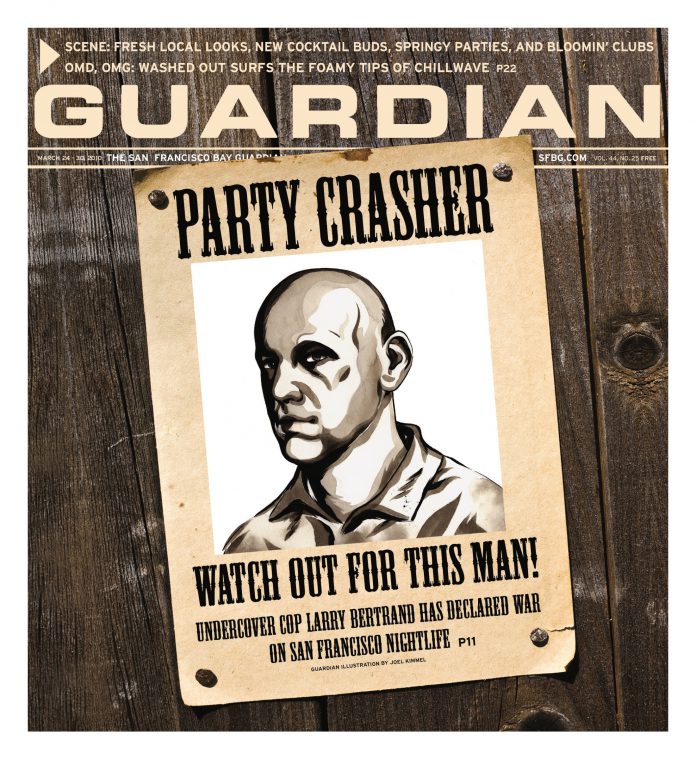FILM The people in Atom Egoyan’s movies have a tendency to be hiding things — pieces of their history, damages inflicted along the way, and complex motivations that are keys to our understanding of how the lives in a knotted web intersect and affect one another. We follow these expressive yet withholding characters, often back and forth through time, and collect subjective and fractional versions of the truth. Like the films themselves, Egoyan’s touch can be heavy — the characters saddled with exposition, the presence of coincidence at the intersections verging on the magical. He’s also proved that his intricate planning can backfire spectacularly (see: 2005’s Where the Truth Lies). But the results of his maneuverings rarely feel inconsequential: we are told, and have reason to believe, that our actions, our ideas, and even our untrustworthy narrations are freighted with meaning, for ourselves and those around us, in our peripheral vision and far out of sight.
The theme of undependable narrative surfaces in Egoyan’s newest film, Chloe (a remake of French director Anne Fontaine’s 2003 Nathalie), but here the artifice — of the premise itself — is so hard to move past as to feel at times like a barrier, rather than a passageway into the interior of a handful of lives. We do see interiors, in the beautiful, chilly household of Catherine (Julianne Moore), a Toronto doctor who suspects that her professor husband, David (Liam Neeson), may be cheating on her. And one of the more haunting images in the film is the painful sight of Catherine drifting through their home at night, barred from the rooms where her husband and teenage son (Max Thieriot) carry on their private, unknowable lives.
Why this unbearable situation would lead her to contact Chloe (Amanda Seyfried), a beautiful young call girl she just met, and hire her to engineer an interaction with David to test his fidelity, is not quite clear. Nonetheless, one masochistic transaction leads to another, and in a series of lavish and exquisite settings, we, along with Catherine, are treated to the erotic details of Chloe’s encounters with David, which begin to charge the connection between the two women as well.
Moore’s work is as fine as ever, and she invests with pathos the role of a woman anxiously examining both her marriage and herself for signs of frailty and decay. But Egoyan has settled for something here: trying to beguile and seduce us. And in the end, this is more disturbing, and surprising, than the rather sharp turn Chloe makes into the landscape of the erotic thriller, where it takes the shape of an unbelievable story we’ve been told many times before. (Lynn Rapoport)
CHLOE opens Fri/26 in Bay Area theaters.
To read Mara Math’s interview with Atom Egoyan, go here.

